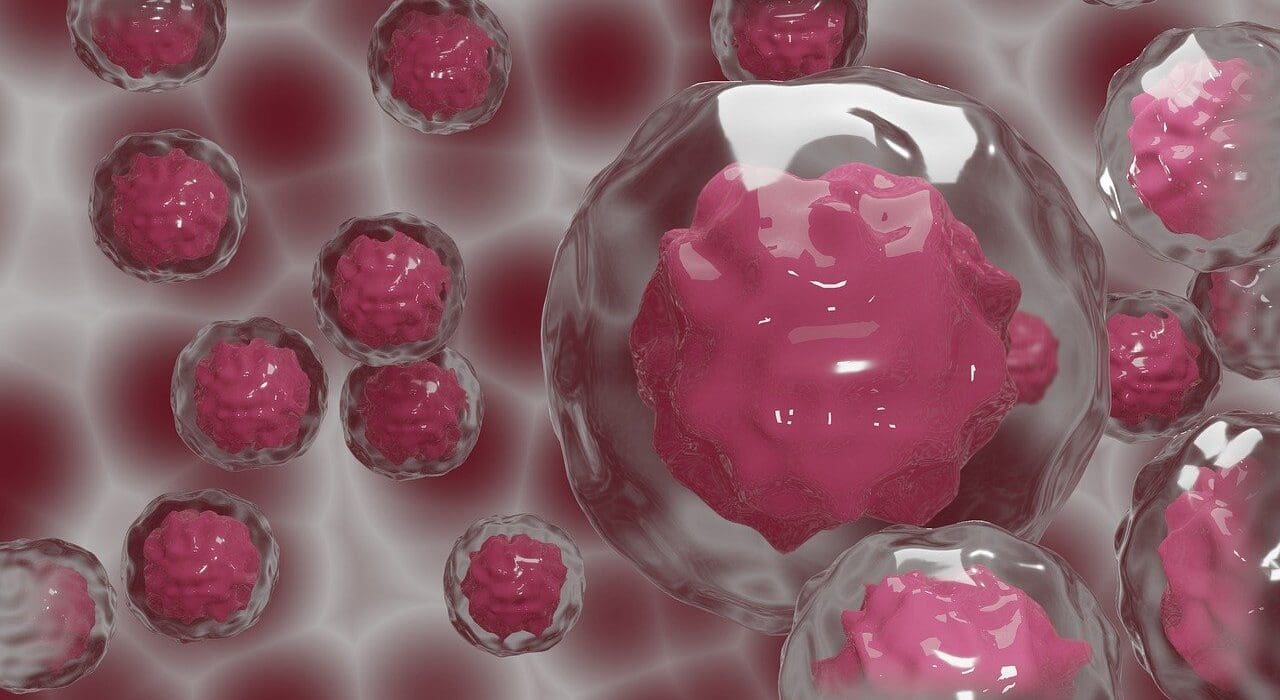A company based in Israel wants to replicate the recent experiment that successfully created an artificial mouse embryo from stem cells.
Scientists at the Weizmann’s Molecular Genetics department grew synthetic mouse embryos without the use of sperm, eggs, or a womb for the first time in a paper published on August 1 in journal Cell. The process had been achieved successfully for the first time.
Scientists observed the synthetic embryos having a beating heart, blood circulation, a brain and an intestinal tract. Though it was not developed into a mouse, the replica embryo could proceed on down to the development of organs because it was programmed to have certain functions in it.
Hanna has successfully experimented with mouse cells and plans to replicate the results with human cells.
Researchers have found that the embryo is a biological 3D printing and manufacturing machine. The team of scientists at the Institute for Human Development at Aalto University in Finland developed a way to turn stem cells into molecular building blocks that can develop into heart muscle, bones, cartilage or other tissues as needed after hydrogel scaffolds are printed into shape.
Experts say it will still take significant research before synthetically created embryos are within reach.
Renewal Bio, founded by Hanna, wants to use artificial intelligence to solve infertility, genetic diseases and the issues of old age.
MIT Technology Review reported the potential use of blood cells from the embryo.
Renewal Bio believes that some of the world’s most pressing problems are “declining birth rates and fast aging populations.” The company website lists some contributors to the problems.
Renewal Biotechnology has a mission to blend other technologies such as stem cells to direct human evolution in the direction of youthful health.
Omri Amirav-Drory, the acting CEO of Renewal Bio and MIT Technology Review reported that “overpromise” is not something they are willing to do with their technology so close to its release. But, the experiment Hanna had was “amazing.”
The use of human embryo clones for research has raised ethical concerns within the scientific community, including the potential that synthetic embryos may experience pain or sentience, according to a 2017 paper published in the journal eLife.
With no lungs, heart, or brain, this AI could create synthetic embryos.
See Also: Scientists say 32-foot-long predatory dinosaur with crocodile face has been discovered

3 Comments